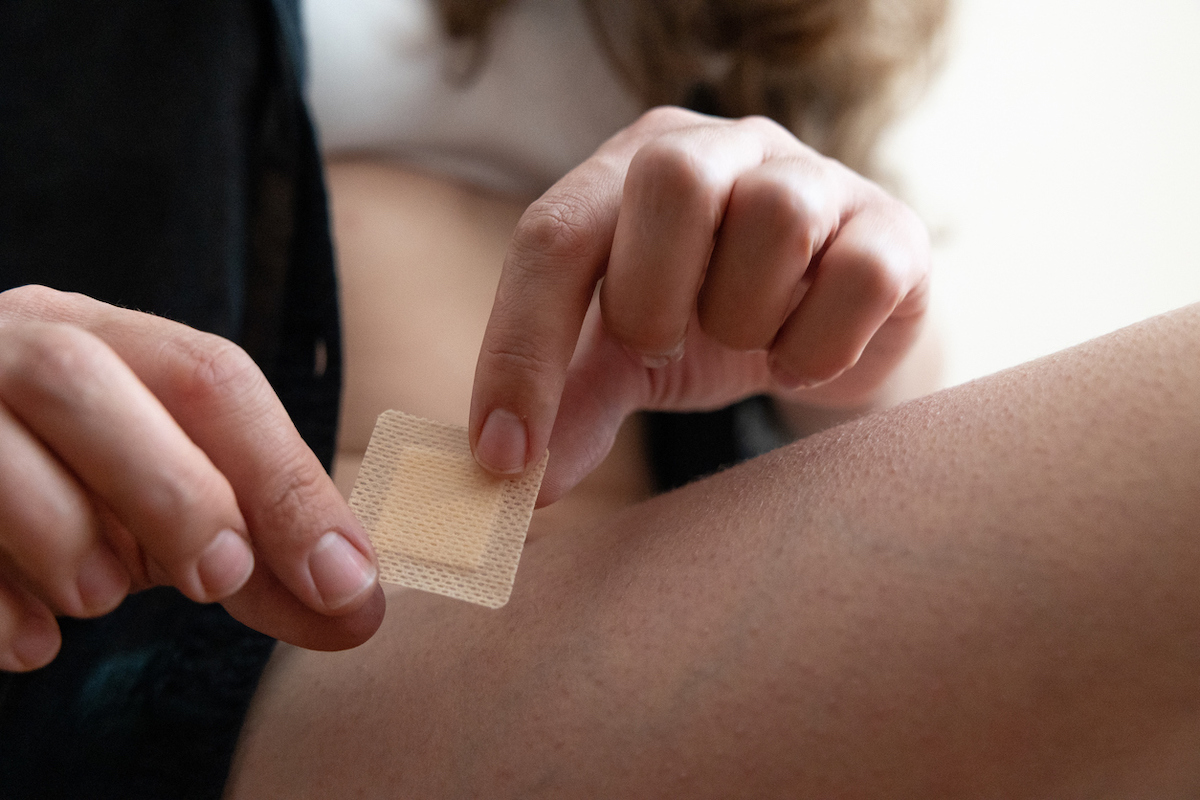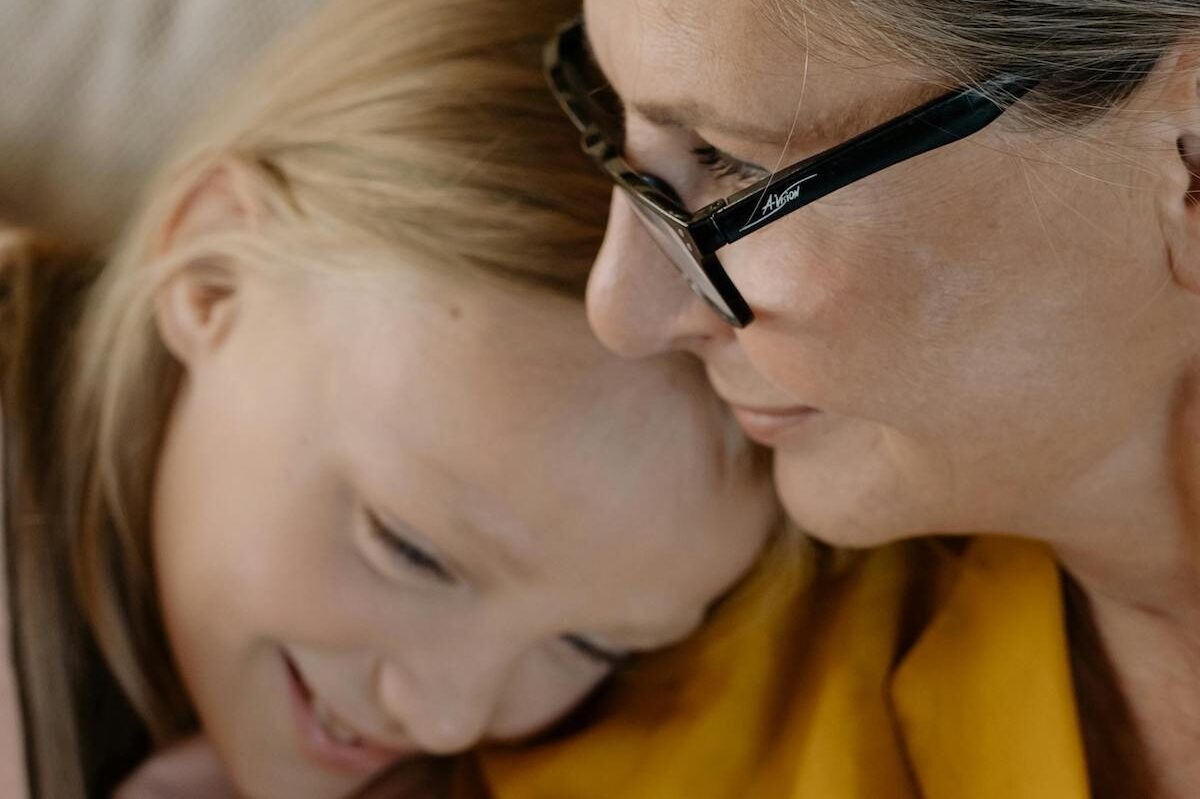If you are in the late-reproductive stage and having unpleasant symptoms (hot flashes, sleep disruption), is estrogen therapy advised? Or is hormonal therapy only for perimenopause/menopause?
—Sweaty, tired 38-year-old
About 27% of women will enter the late-reproductive stage between the ages of 35 and 39. There are definitely options, estrogen among them, for managing the symptoms of the late-reproductive stage, so be sure to let your doctor know what you are experiencing.
Symptoms like hot flushes, night sweats, and sleep disruption are common throughout the late-reproductive stage, perimenopause, and menopause. Estrogen is a very effective treatment for these symptoms. A Cochrane review found that estrogen in any form reduces the severity and frequency of hot flushes by as much as 75%.
My approach to treating women with symptoms like hot flushes and sleep disruption changes a bit based on her age and reproductive stage. In a woman under age 40, I want to be sure that her symptoms are not caused by another hormonal problem, like an overactive thyroid. I also want to be sure she is not experiencing premature ovarian insufficiency (menopause before age 40). Blood tests can identify these issues.
Once we know that symptoms are due to the hormonal shifts of the late-reproductive stage, my colleagues and I typically recommend treating with estrogen by prescribing birth control pills. For women in their late 30s and 40s, combination birth control pills provide stable levels of estrogen to treat symptoms and provide effective contraception.
Depending on how severe your symptoms are, you might choose to take birth control pills the usual way — 21 to 24 active pills and 4 to 7 placebo pills. Or if you have more severe symptoms that recur when you take the placebo pills, you might choose to take just the active pills continuously.
Most women can safely take modern birth control pills until menopause and, if they’d like, switch straight to hormone replacement therapy.
For symptomatic women in late perimenopause or menopause, with infrequent periods or no periods, I will typically offer estrogen as a patch or gel (with some form of progesterone for any women with a uterus) to be taken continuously. The goal is to give the lowest dose of estrogen that effectively manages a woman’s symptoms.
The upshot: Anyone with symptoms like hot flushes and sleep disruption impacting their functioning should discuss their concerns with their doctor. For many women, estrogen, either in the form of birth control pills or hormone replacement therapy, offers safe, effective treatment throughout the late-reproductive stage, perimenopause, and menopause.
Community Guidelines
















Log in
Instead of using combined birth control pills, is an estradiol patch and the mini pill (progesterone) a good option? I wanted to mitigate the risk of clot and wanted contraception (without an IUD) as still having regular cycles. Thanks!